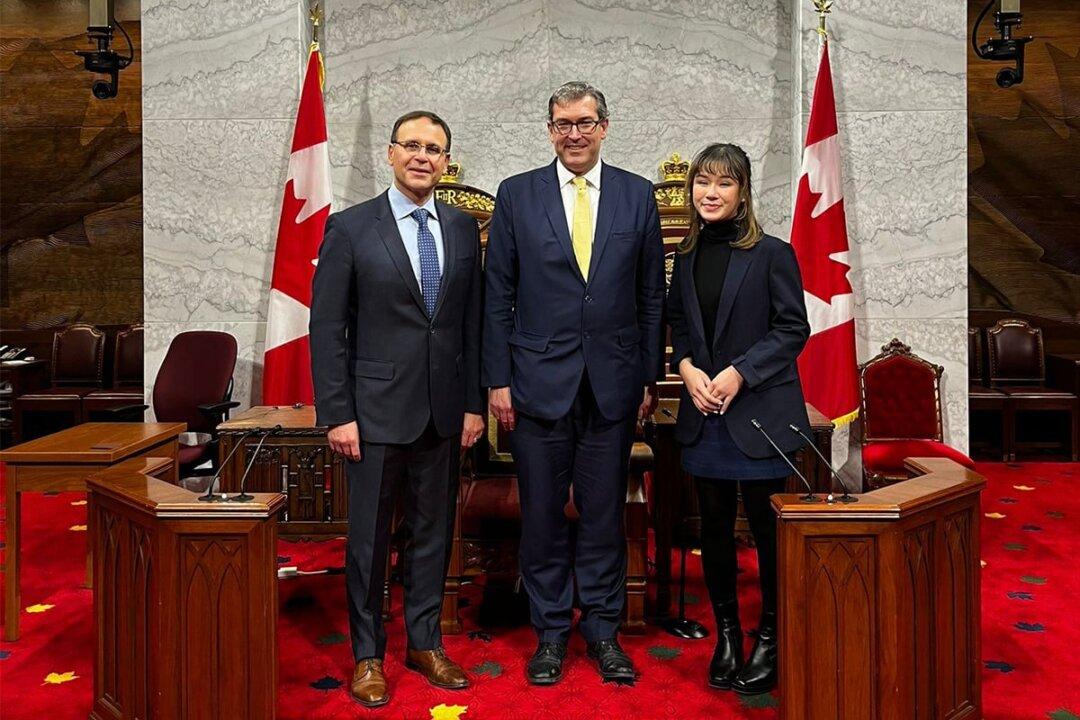Hong Kong Watch (HKW) Canada has received several requests for assistance from Hong Kong residents in Toronto, Vancouver, and Calgary who have received anonymous threatening messages from pro-China individuals who suspect their personal movements are being monitored. HKW Canada’s Policy Advisor Katherine Leung reminds Hong Kong’s residents not to panic if they receive similar messages but to keep the screenshot and source of the message and report it to the police.
“Those facing threats and intimidation in the Hong Kong community are not limited to those at the forefront of political activism but also extend to individuals involved in non-political activities, including immigrants who have made their homes in the community and actively participate in communal affairs.” Leung highlights that HKW Canada has raised concerns over anonymous threats directed towards members of the Hong Kong diaspora residing in Canada and is urging the Canadian government to swiftly establish an independent reporting hotline and pass legislation to address the matter.




